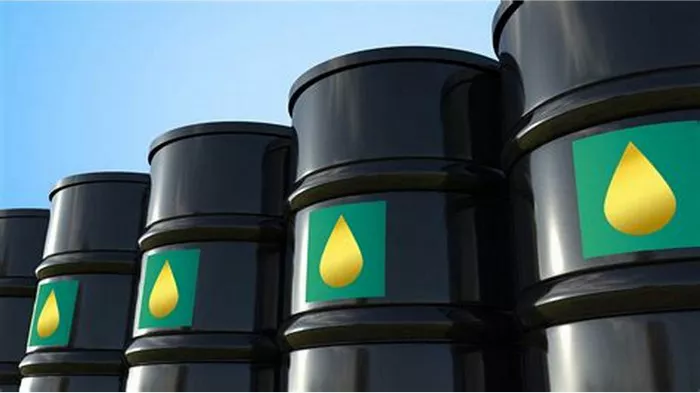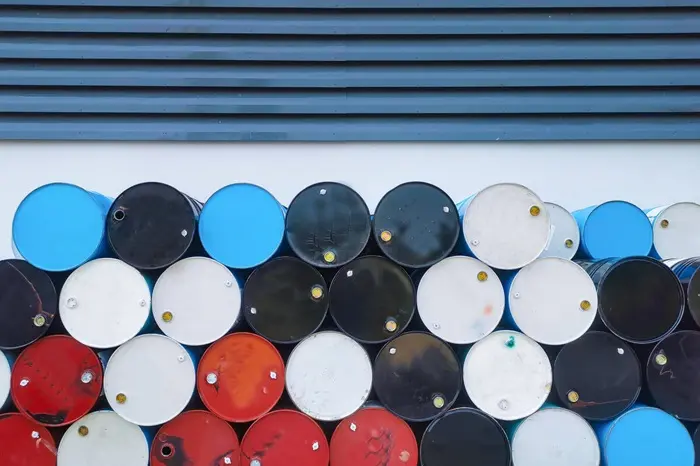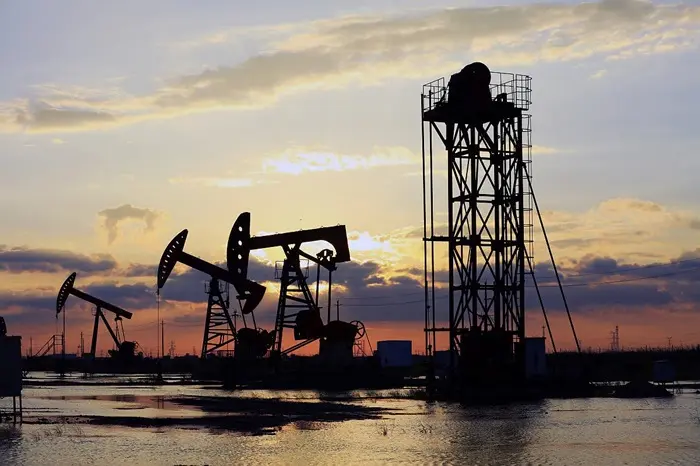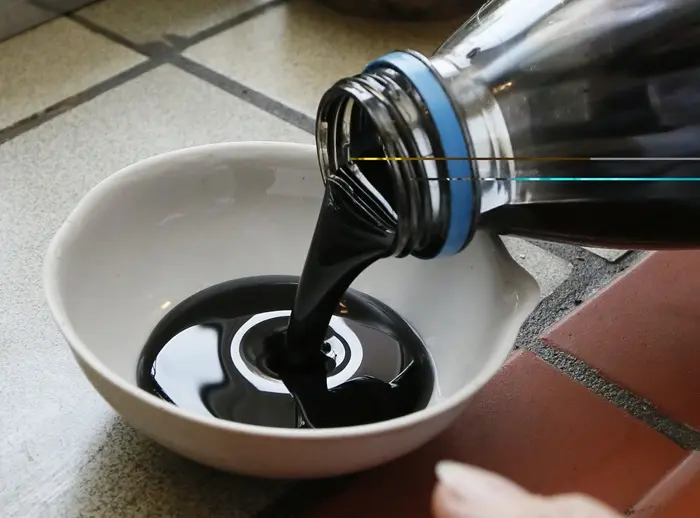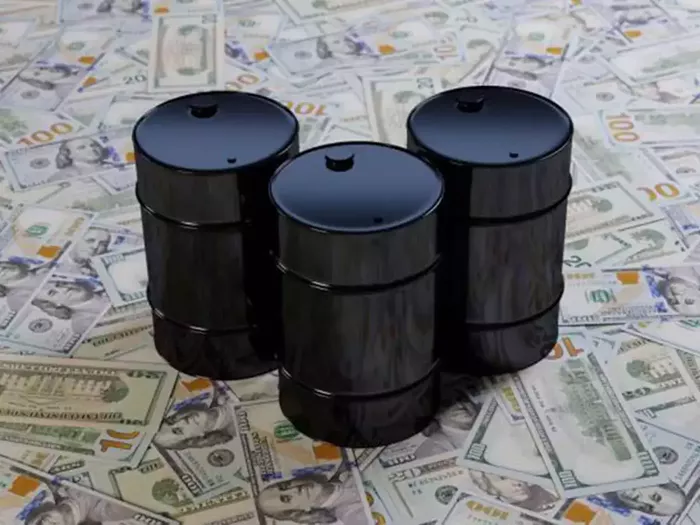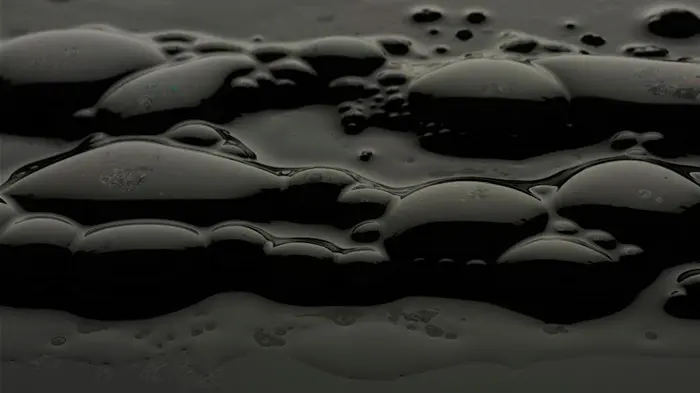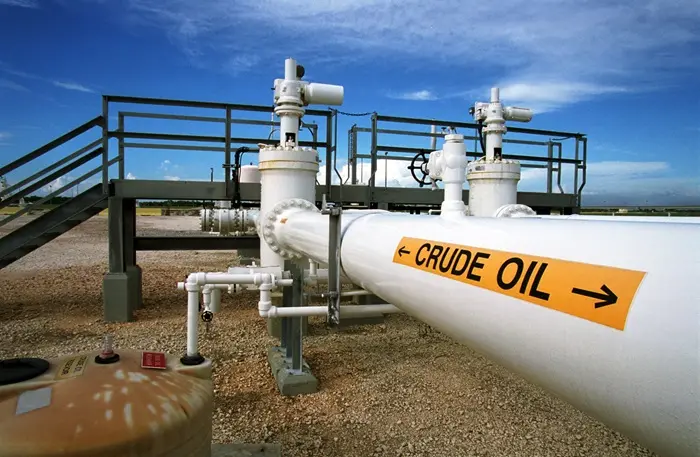Crude oil is a complex mixture of hydrocarbons and other organic compounds. To make it useful, it must be processed through a technique known as fractional distillation. This article explores why fractional distillation is essential for refining crude oil, the process itself, and its impact on the oil industry.
What is Fractional Distillation?
Definition and Purpose
Fractional distillation is a process used to separate a mixture into its individual components based on their boiling points. This method is crucial for refining crude oil because it allows us to obtain various valuable products from the oil.
Why Fractional Distillation is Needed
Crude oil contains a broad range of hydrocarbons, from lighter gases to heavier liquids and solids. To transform crude oil into usable products like gasoline, diesel, and jet fuel, we need to separate these components efficiently. Fractional distillation achieves this by heating the crude oil and capturing the separated components at different stages of the process.
The Fractional Distillation Process
Heating the Crude Oil
The process begins by heating crude oil in a furnace. The oil is heated to a temperature where it becomes a vapor. This vapor is then directed into a distillation column.
The Distillation Column
The distillation column is a tall, vertical vessel with trays or packing inside. As the vapor rises through the column, it cools down and condenses into liquid at different levels. Each level or tray in the column is designed to capture hydrocarbons that condense at specific temperatures.
Separation of Components
The different hydrocarbons in crude oil have varying boiling points. Lighter hydrocarbons, such as gases and naphtha, condense at the top of the column. Heavier hydrocarbons, such as diesel and residual oils, condense lower down. This separation allows for the collection of various fractions, each with specific uses.
Collection and Further Processing
Once separated, these fractions are collected in different tanks. Each fraction may undergo further processing, such as cracking or reforming, to enhance its quality or transform it into other useful products.
See Also: 3 Steps In Refining Crude Oil
Types of Products Obtained from Fractional Distillation
Lighter Fractions
Gases: The lightest fractions include methane, ethane, and propane. These are used as fuels for heating and cooking.
Naphtha: This is a key ingredient in gasoline and is used as a feedstock in petrochemical production.
Middle Fractions
Kerosene: Used as jet fuel and in some heating applications.
Diesel: A common fuel for transportation and machinery.
Heavier Fractions
Lubricating Oils: Used to reduce friction in engines and machinery.
Bitumen: A heavy, sticky substance used in road construction and roofing.
Benefits of Fractional Distillation
Efficiency
Fractional distillation is highly efficient, allowing the extraction of various products from crude oil. This efficiency helps meet the diverse needs of modern industry and transportation.
Customization
The process can be adjusted to target specific products based on market demand. For instance, refineries can produce more gasoline during high demand periods or focus on diesel production as needed.
Economic Impact
Fractional distillation supports the oil industry by creating value from crude oil. It enables the production of essential fuels and chemicals, driving economic growth and supporting various industries.
Challenges and Considerations
Environmental Impact
The process of refining crude oil can have environmental consequences, such as emissions and waste. Advances in technology aim to reduce these impacts, but it remains a critical area of concern.
Economic Fluctuations
The profitability of fractional distillation can be affected by fluctuations in crude oil prices. When prices are low, the economic viability of refining operations can be challenged.
Technological Advancements
Ongoing research and development seek to improve the efficiency and environmental performance of fractional distillation. Innovations in this area may lead to more sustainable practices and better utilization of crude oil resources.
Conclusion
Fractional distillation is a fundamental process in the oil industry, enabling the separation of crude oil into valuable products. By heating and distilling the oil, refineries can obtain various fractions, each with specific applications. This process is crucial for meeting the world’s demand for fuels and chemicals, contributing significantly to economic and industrial development. Despite challenges, ongoing advancements aim to enhance the efficiency and sustainability of fractional distillation, ensuring its continued importance in the global energy landscape.
[inline_related_posts title=”You Might Be Interested In” title_align=”left” style=”list” number=”3″ align=”none” ids=”3684,3626,3615″ by=”categories” orderby=”rand” order=”DESC” hide_thumb=”no” thumb_right=”no” views=”no” date=”yes” grid_columns=”2″ post_type=”” tax=””]



